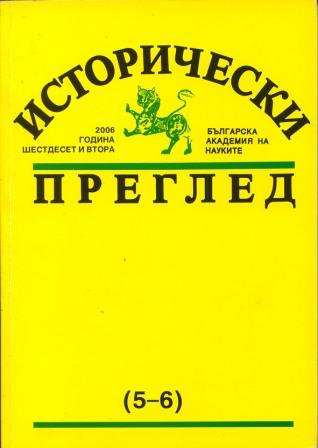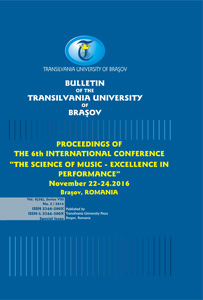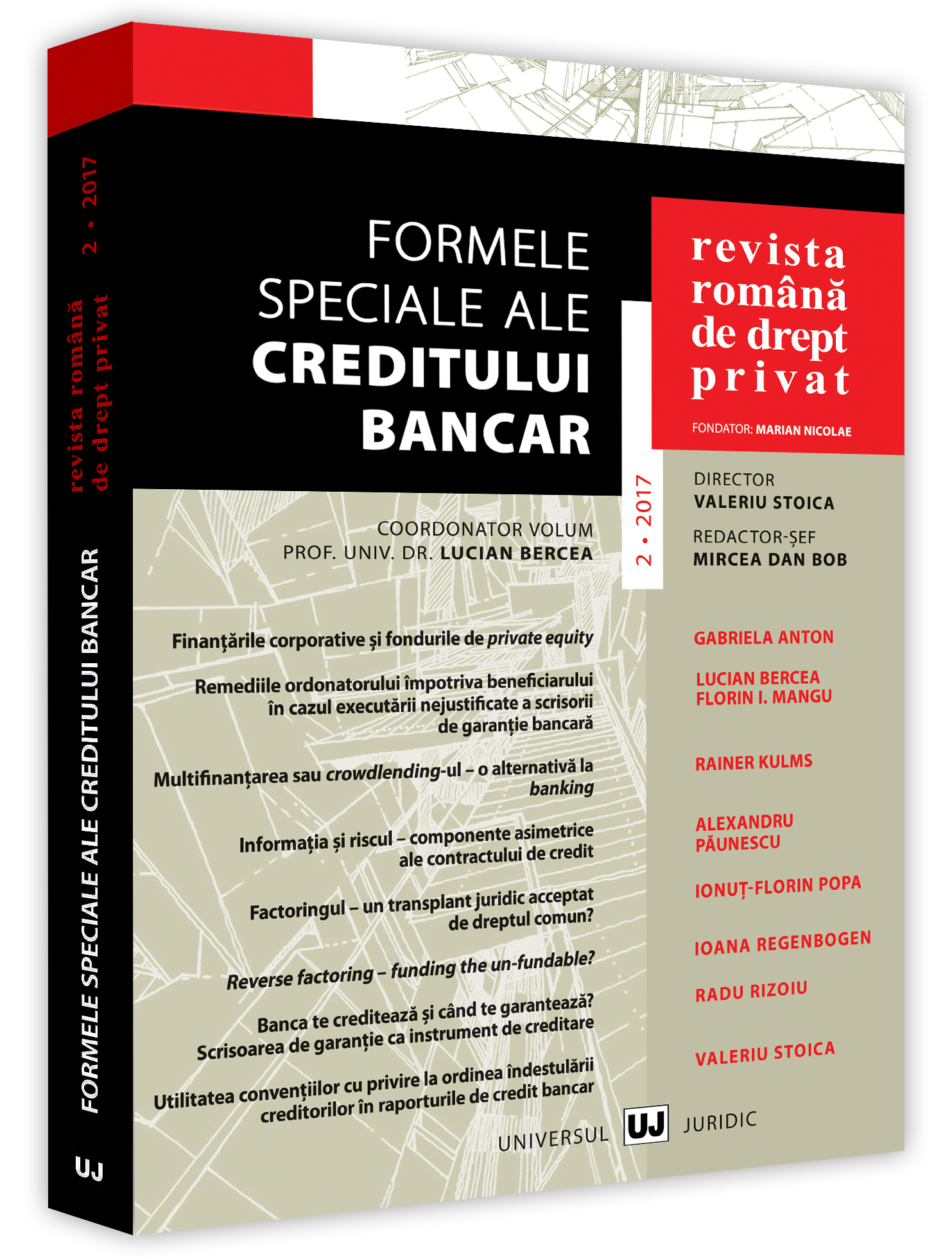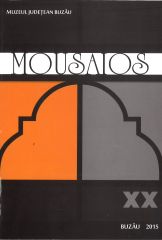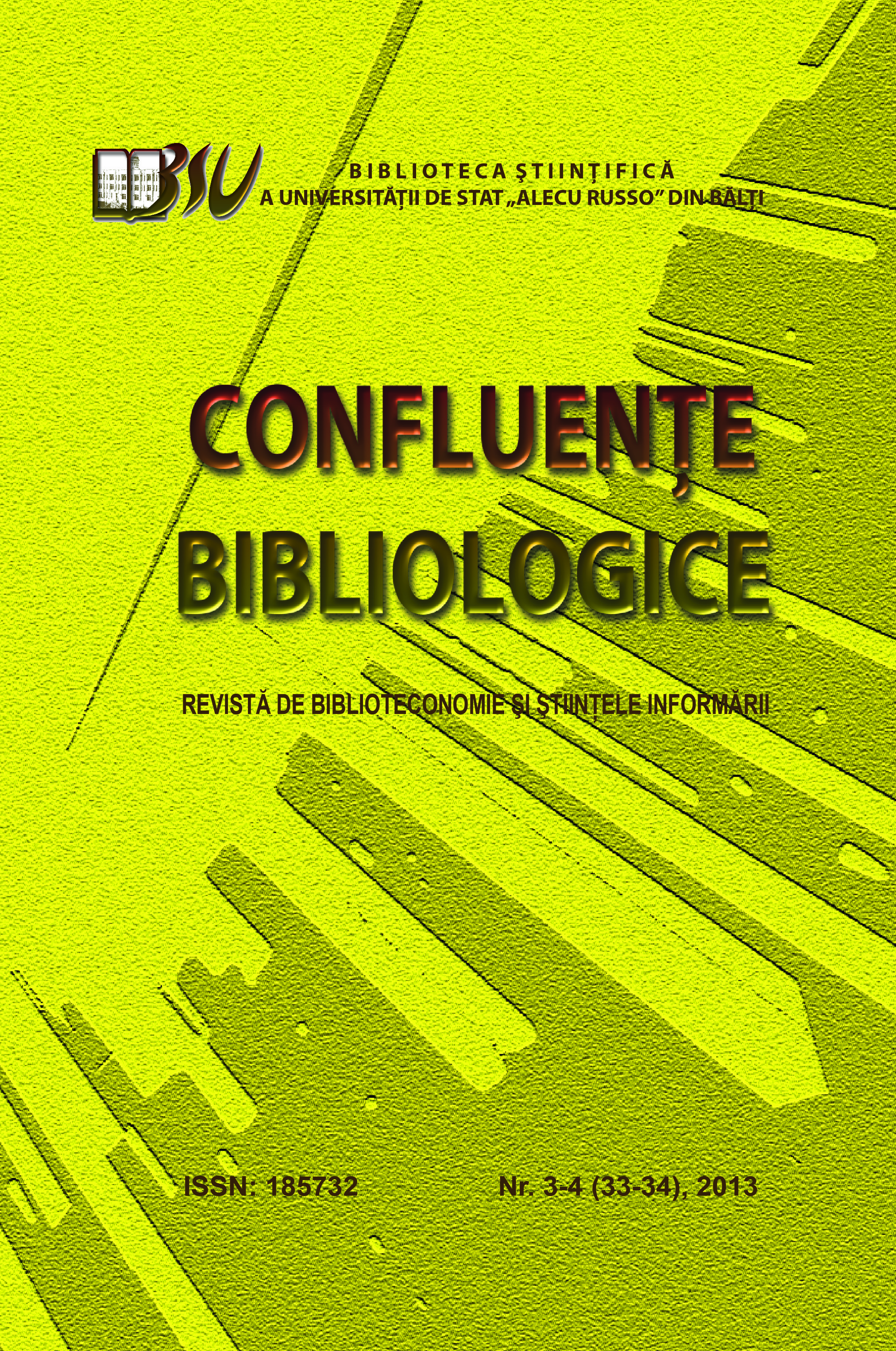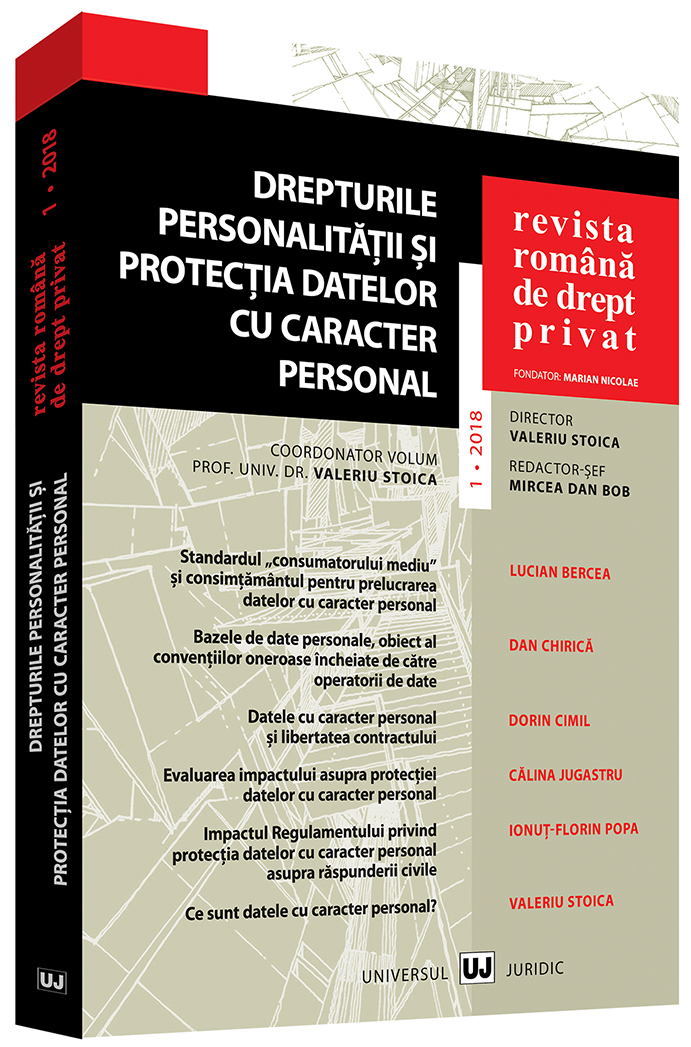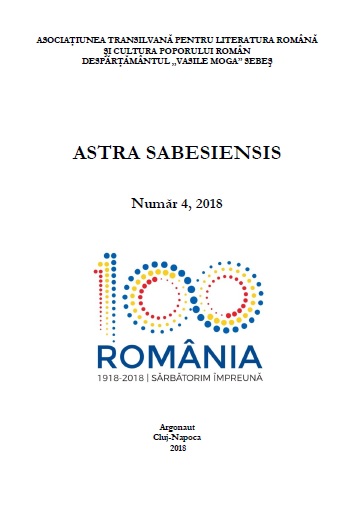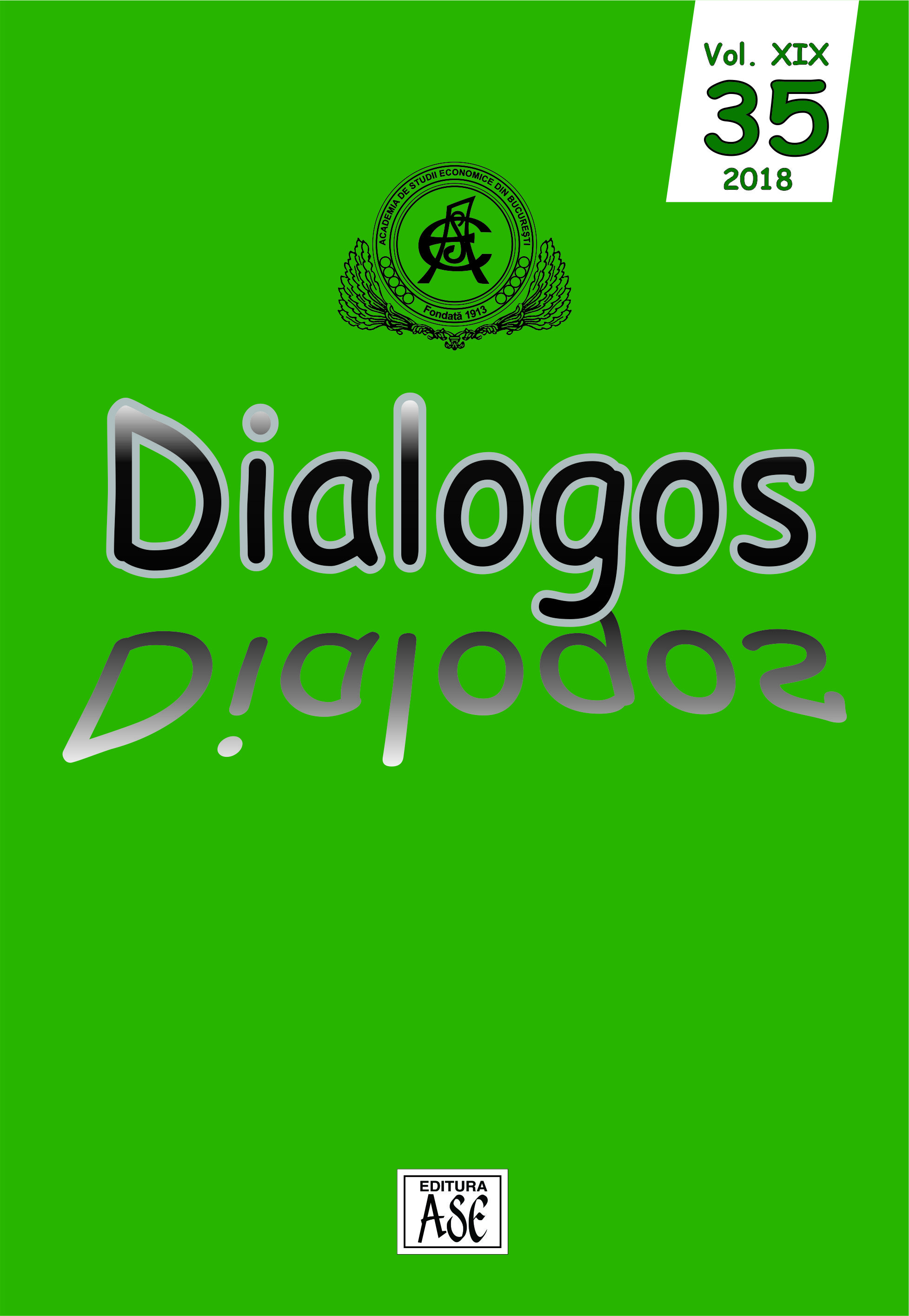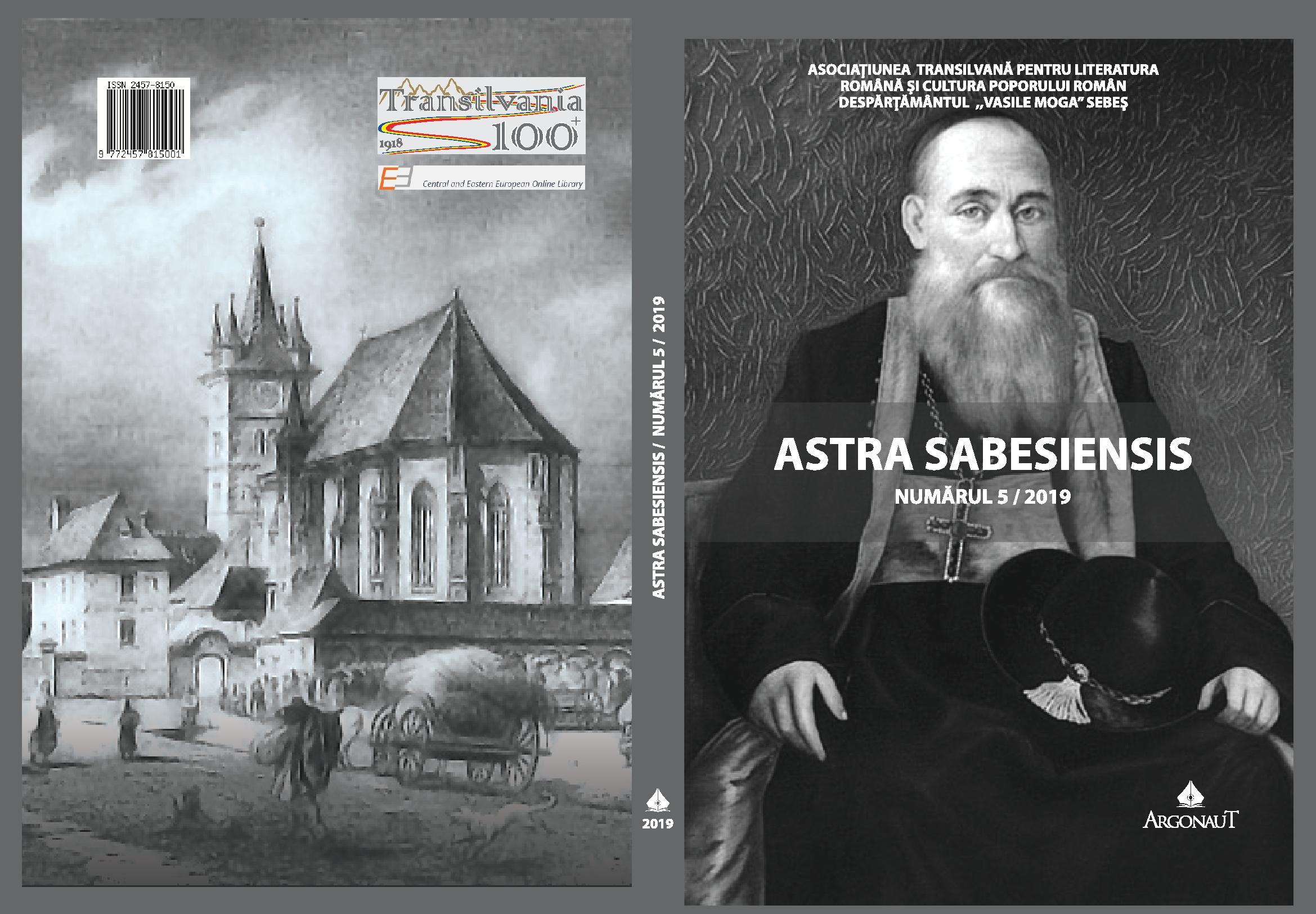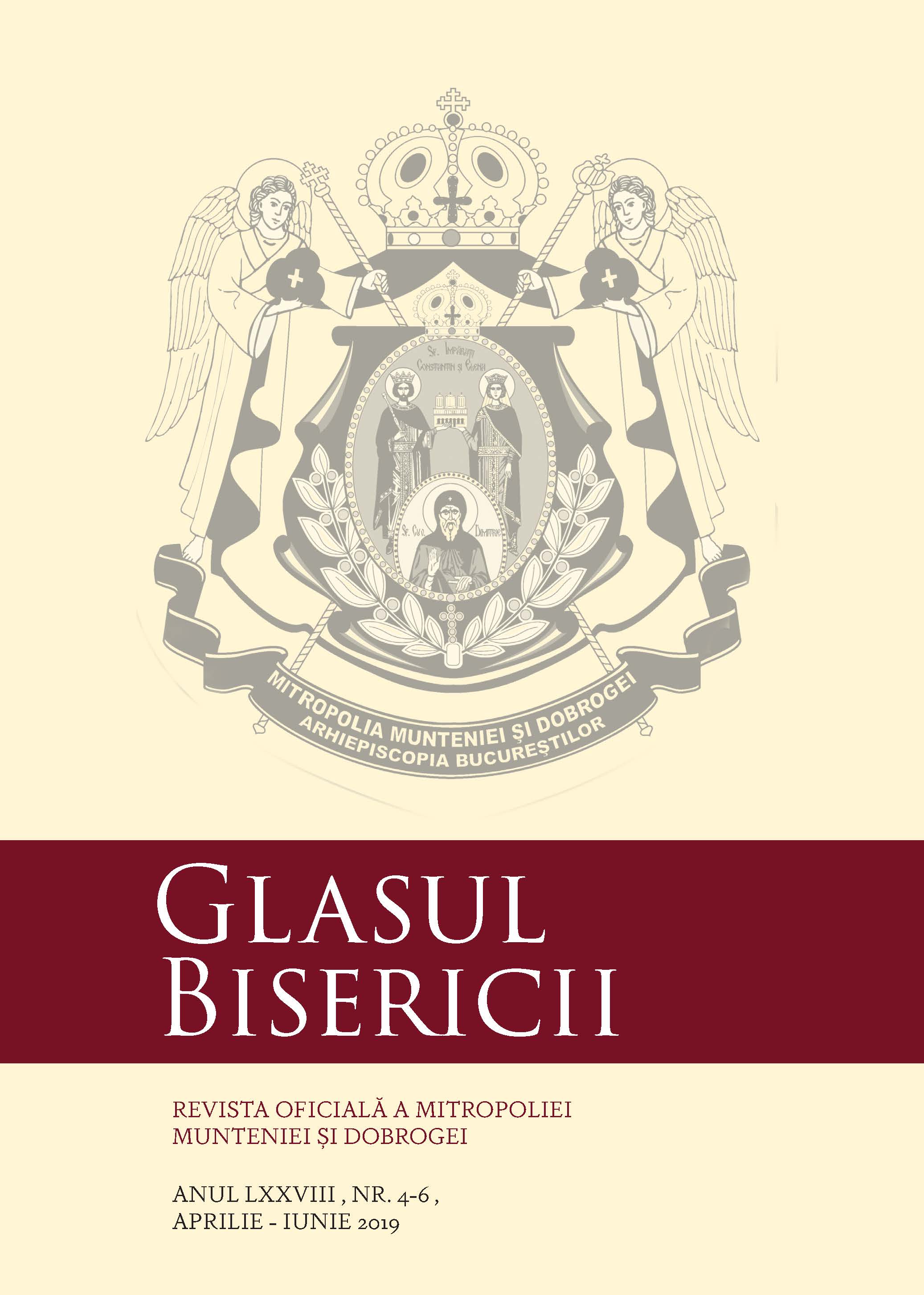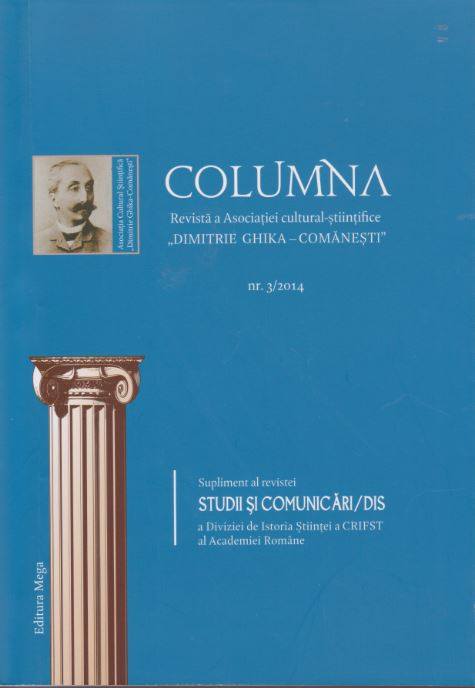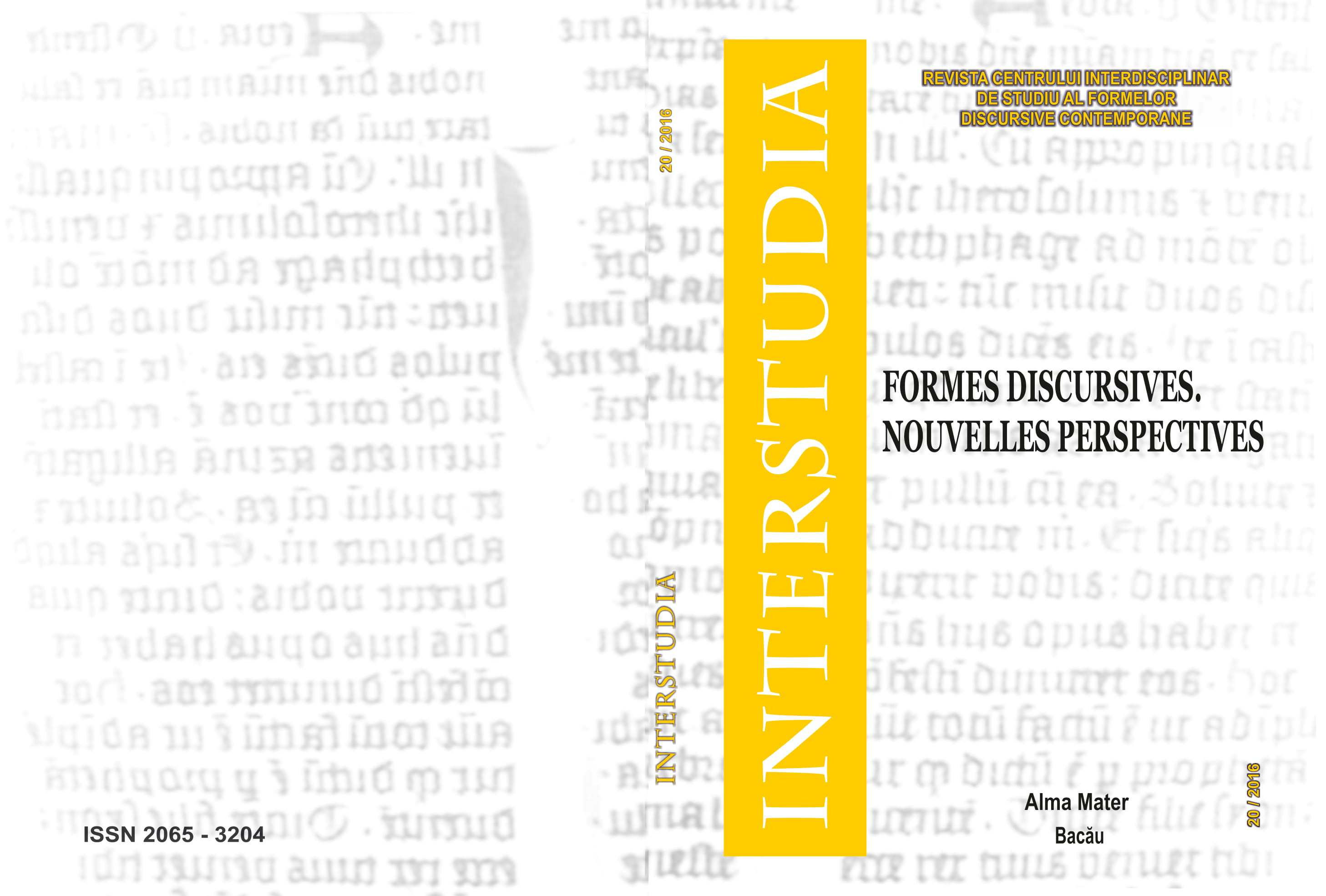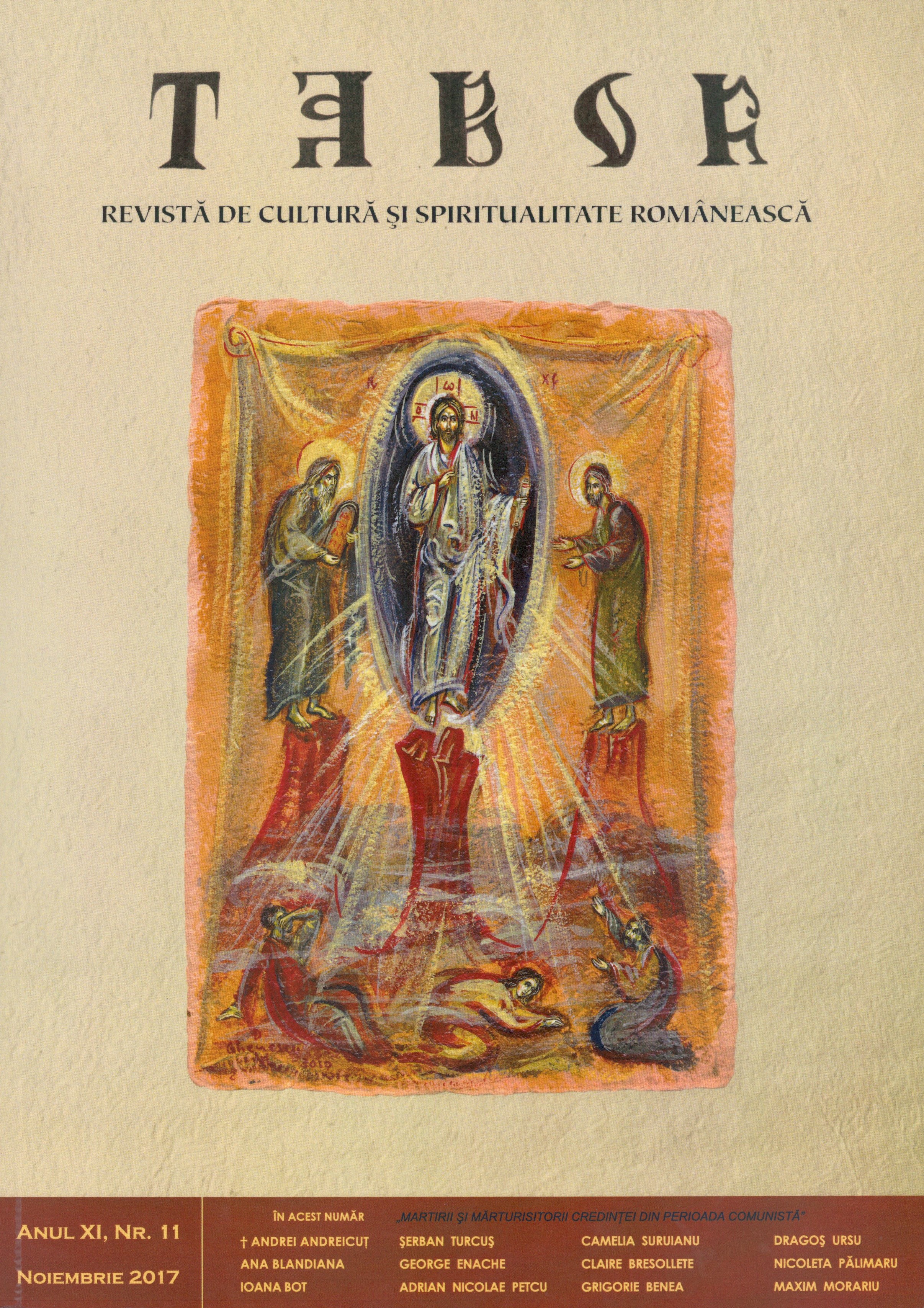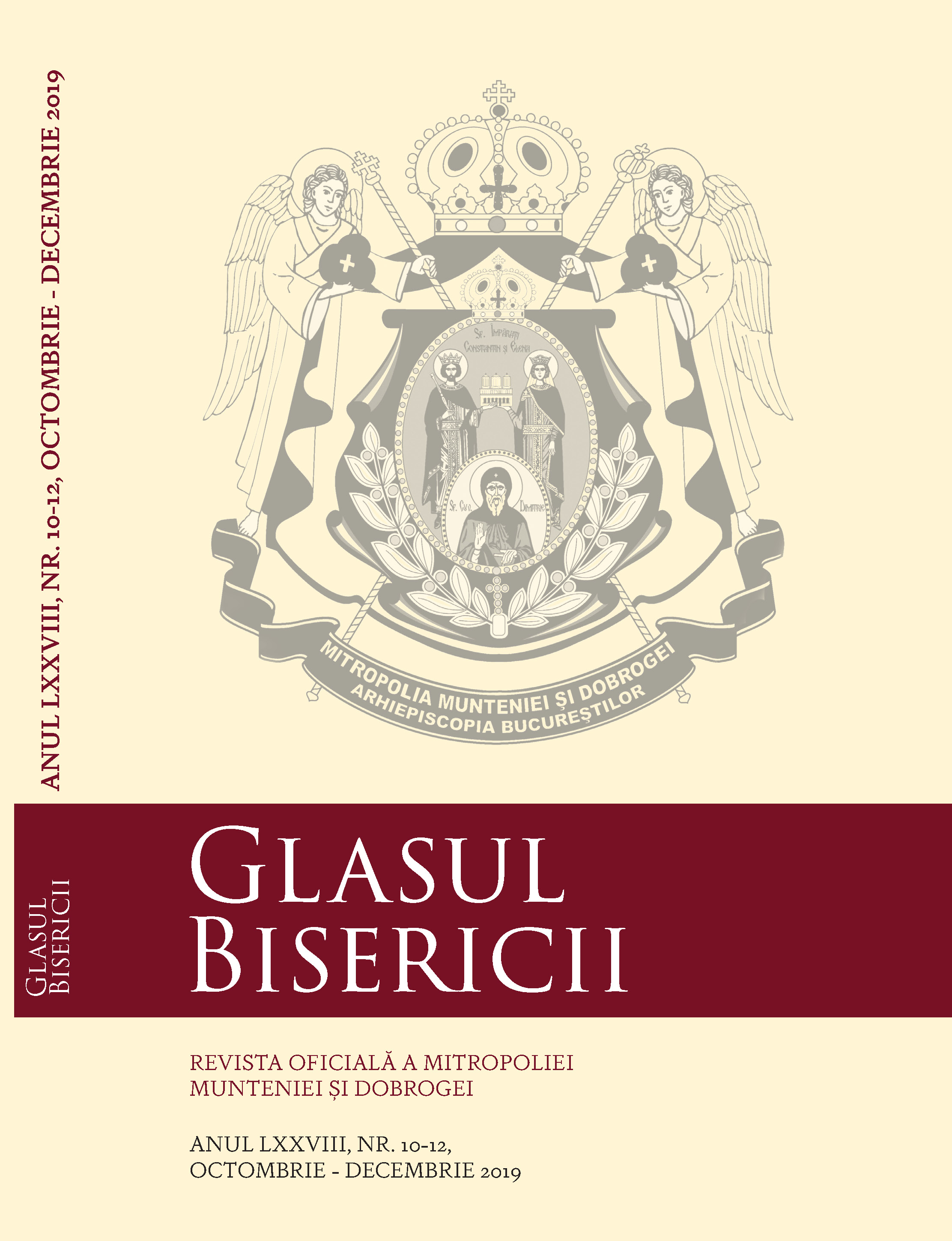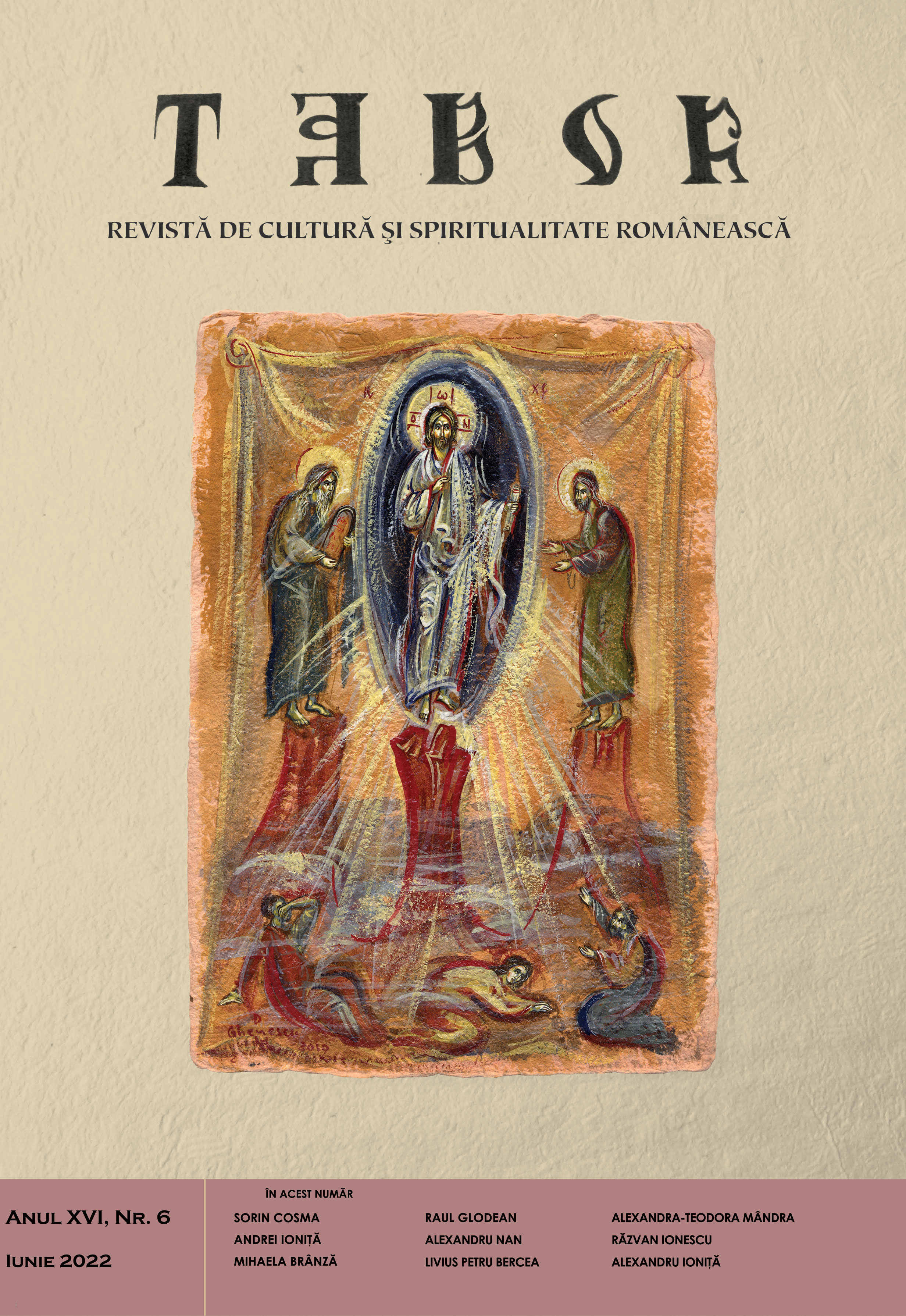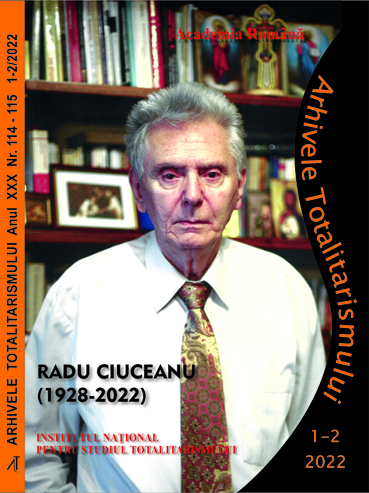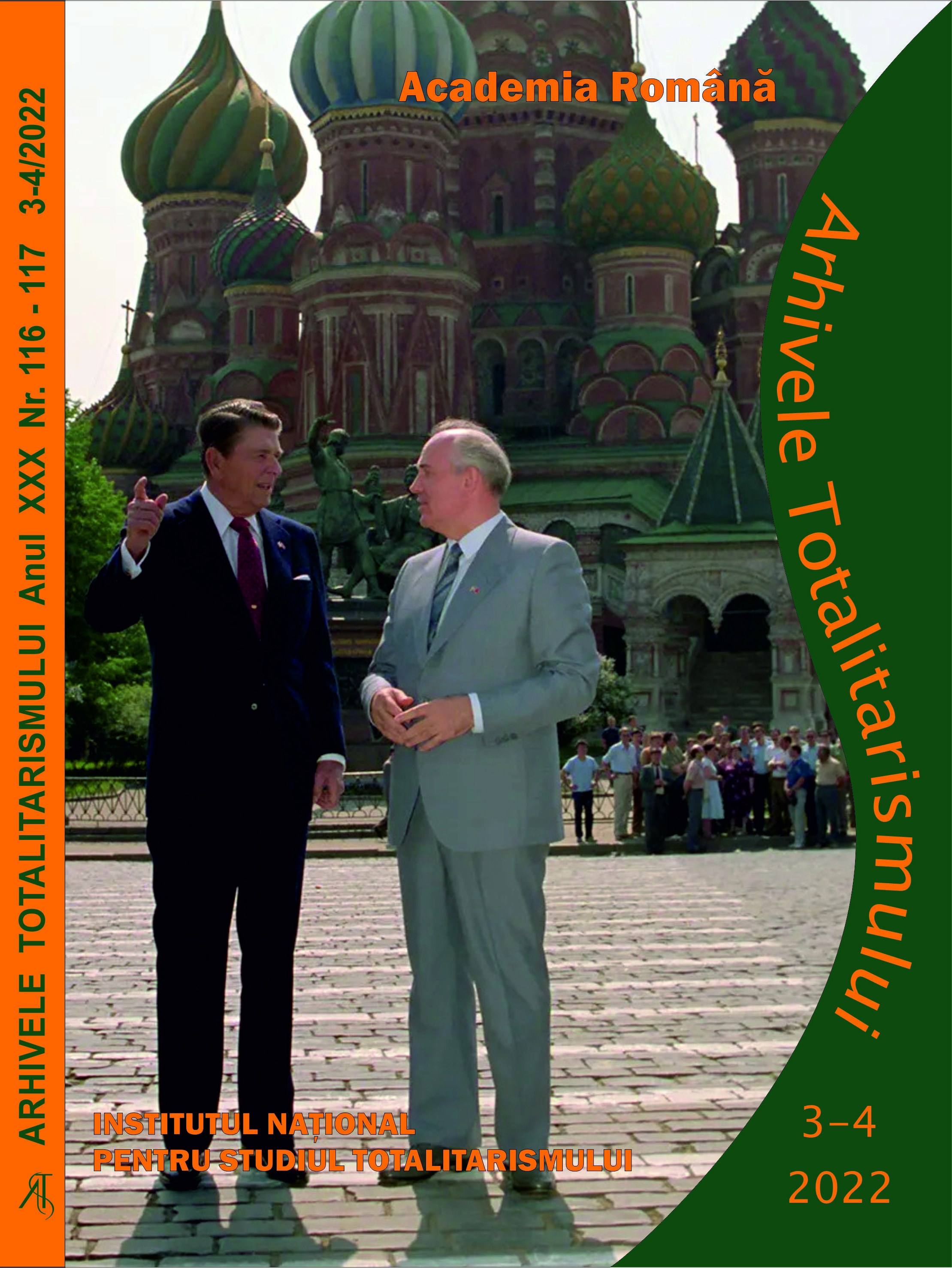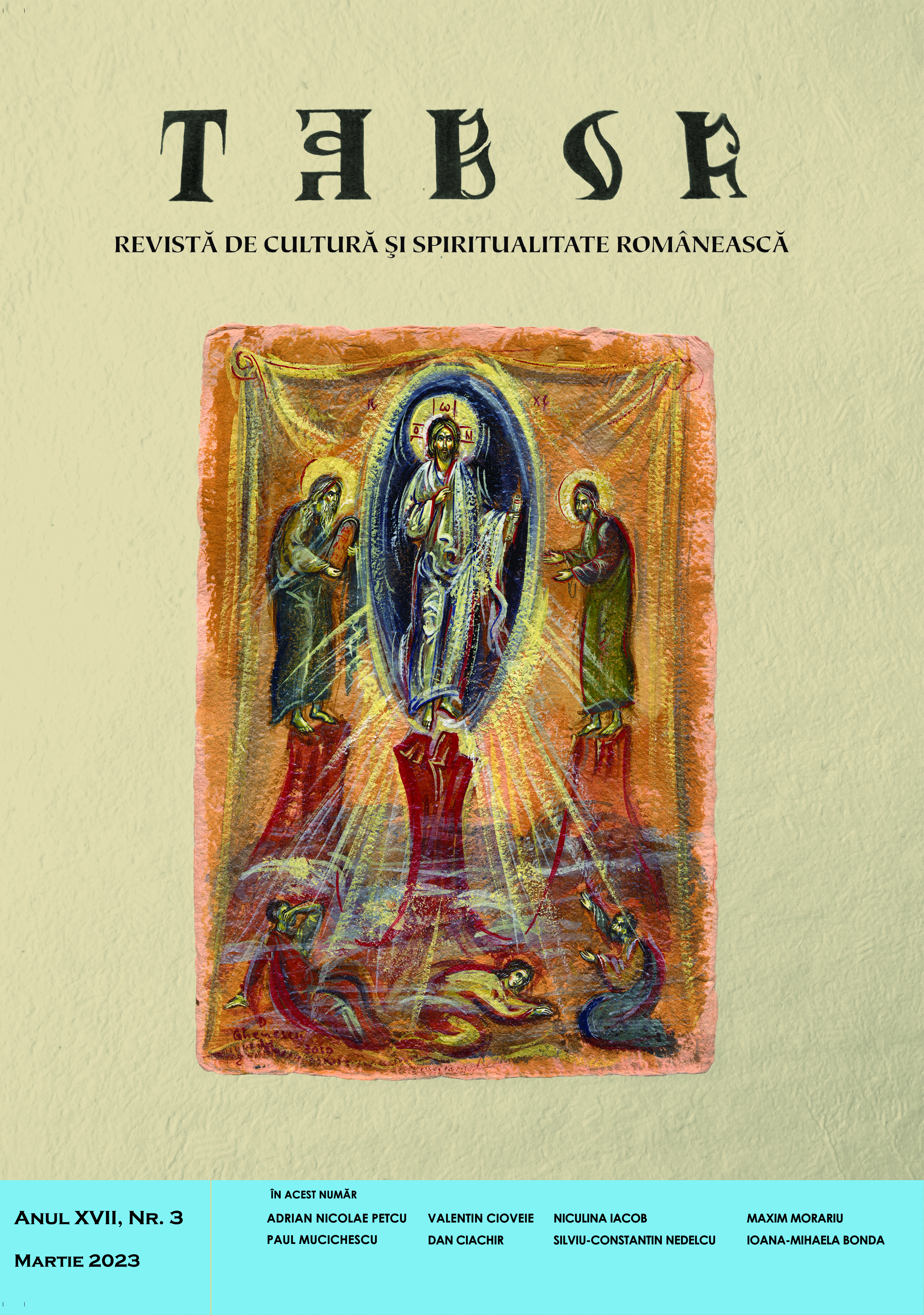CONTRIBUŢII NOI LA CUNOAŞTEREA DEMERSURILOR LUI VALERIU BRANIŞTE: ÎNTRE ATITUDINEA SOCIAL-CULTURALĂ ŞI MANIFESTAREA NAŢIONAL-POLITICĂ ÎN INTERVALUL 1914-1922
Author(s): Dragoş-Lucian Curelea,Daniela-Stefania Curelea / Language(s): Romanian
/ Issue: IV/2018
Keywords: First World War; Valeriu Branişte; nationalism; policy; newspaper;
Originary from Cincu-Mare, Târnava Mare county, the journalist and writer, minister and member of Romanian Academy, Valeriu Branişte was, for a while, part of the leading committee of ,,Tribuna” journal from Sibiu and later, because of some animosities with Eugen Brote, but also because of some promises, departed to Banat where, together with Cornel Diaconovich, have founded ,,Dreptatea” journal. After 1896, Valeriu Branişte was for a year teacher of Romanian, German and Hungarian languages at the famous high school ,,Andrei Şaguna” from Braşov. In 1897 he has been called at Cernăuţi, where he was charged with the publication of ,,Patria” journal. Because of his conflicts with the Austro-Hungarian authorities, he was forced to come back in Banat, answering so to the call of Romanian political leaders from this area. He moved at Lugoj, where he was part of the leading committee of the Romanian journal ,,Drapelul”, to which he will later become editor and owner. From the point of view of cultural and national manifestations, it must been said that he was very active also in leading the Society for the Romanian Found of Theatre, but also as secretary of Lugoj department of ASTRA, especially after 1902. He was a cultural propagandist of this association and he resented in Banat speeches for people and conferences for intellectuals. Between 1914 and 1918, Valeriu Branişte came into attention of the Prefecture of Policy from Torontal county, but also of informational structure of Austro-Hungarian Empire, who considered him as a spy of Romania in this area and classified as a tenacious militant of ASTRA from Banat. In the first part of 1918 he was arrested because he refused to make the oath of loyalty to Austro-Hungary. For his national, cultural and political merits, he became part of Diligent Council of Transylvania, and between 1919 and 1920, he has been implied in the creation, on Romanian bases, of the teaching system from Transylvania and Banat, as a chief of the Resort of Cults and Public Instruction from the provisory government from Transylvania and Banat. In 1919, he has been elected member of the Romanian Academy and at 20th of January 1920, he was opening the University ,,Ferdinand the 1st” from Cluj.
More...
